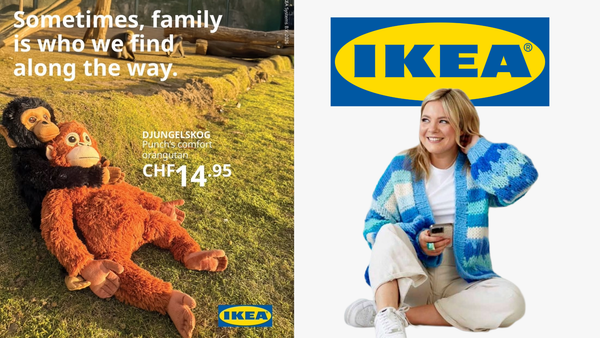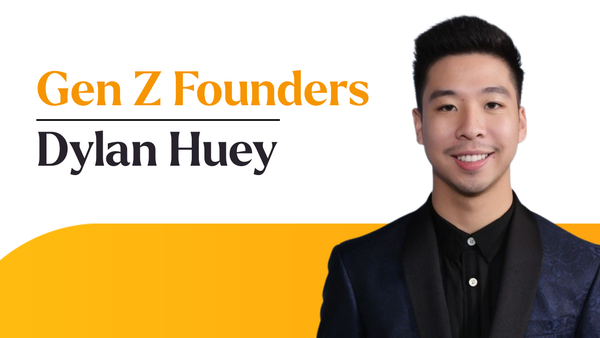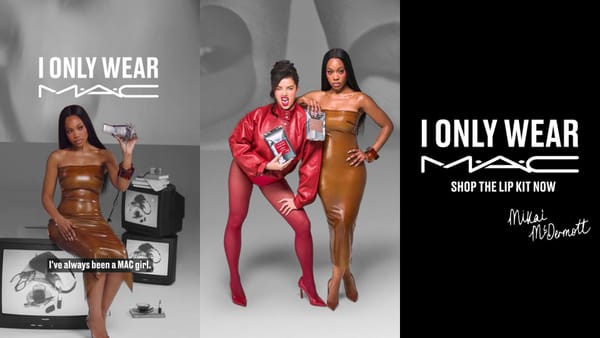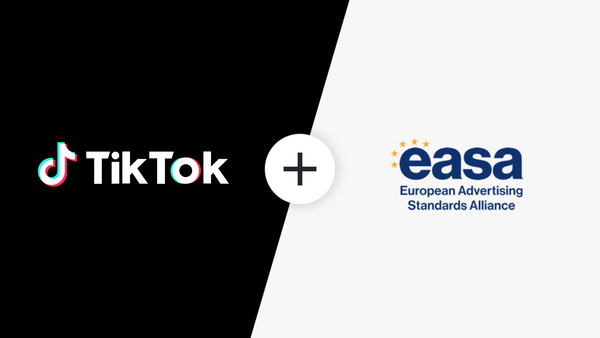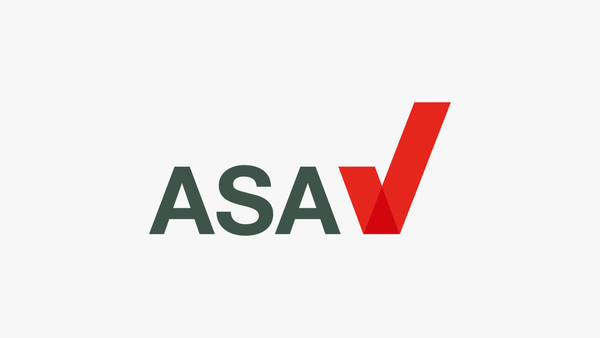Building trust with consumers
When it comes to influencer marketing, we have always said content is king, and the crown looks different this year. More than ever, consumers are looking for authenticity in the form of support, reassurance, and real connections. What they are not looking for is a perfectly polished ad that feels contrived. Brands need to be empathetic, nimble, creative, but most importantly: human. Below, we explore ways leaning into the authenticity of influencer content and harnessing the trust each creator has built with their audience is helping brands build human-to-human connections.Solicit feedback and recalibrate:
As a brand, it’s easy to put blinders on, or worse, go silent. Instead, open the door for conversations with employees, partners, and especially with influencers. Solicit feedback on creative strategies, and ensure the perspectives are diverse – not just ethnically, but diverse in age, gender, sexuality, ability, and economic status. Is the campaign inclusive, timely, and innovative? Or does it fall short in any of those areas? Don’t be afraid to poke holes. In particular, by giving influencers the chance to weigh in, you’re getting a first-hand take on how your approach will fit into the social media landscape they’ve mastered. It’s not often that influencers are approached with a campaign opportunity and asked “What are your thoughts on this? Would you do it differently? If so, how?” This kind of trust and collaboration opens a door that will help your campaign flourish and will establish a much stronger affinity and authenticity between a brand and its influencer partner(s).- Focus on agility to remain relevant: Right now, it’s tough for anyone to predict what next week or next month will bring. Marketers are taking things one day at a time and agility is key. Be prepared and willing to flex your creative strategy and pivot with ever-changing consumer needs and mindsets.
- Recognise that influencers are humans: While cancel culture has been a hot button topic in recent months, the concept alone has been met with criticism as it emboldens online bullies and leaves no room for productive discussion.It can be easy to look at influencers as a direct way to drive reach, impressions, and ultimately ROI. What’s far more important is recognising that they are human. They are storytellers. They are multifaceted. This also means that just like us, they make mistakes. Marketers looking to identify the “perfect” influencer need to realise that being bravely authentic, flawed and human can be exactly what makes a creator relatable to their audience and of value to the brand.
Human rights, activism, politics, and a much-needed distinction
While there are brands who have chosen to take an agnostic approach to politics, there’s an important distinction to be made here: the Black Lives Matter movement is not political. It’s a human rights issue and there isn’t room on the sidelines when it comes to valuing Black lives. Similarly, being anti-racist and supporting the Black community does not make you an activist – it makes you human. Brands (and influencers) speaking out against racial injustices has not only become common, but is expected and in many cases, demanded. The social media landscape is host to many powerful, vocal activists and thought leaders, but categorising everyone who has taken a stand against systemic racism as an activist dilutes the fact that being anti-racist should be part of everyone’s DNA, activist or not.- You cannot avoid human rights: As brands evaluate and improve their commitment to diversity, partnering with Black creators — including those who have hosted discussions that may have been uncomfortable or unfamiliar for some — helps to establish a brand’s support of the Black community. With the anti-racism movement spreading across the globe, avoiding influencers who have taken a stance on the matter will result in a campaign that lacks inclusivity, diversity, and support of the Black community.
- Be prepared to answer questions: Influencers are doing more due diligence before entering into partnerships. Like brands, they too want to ensure they are aligning with companies that share their values and they’re not afraid to ask important questions like “What percent of your employees and leadership team are BIPOC?” or “What is your company’s D&I policy?” Rather than shying away from these questions, brands should be prepared with answers. Do not be afraid to acknowledge the need for progress, and more importantly, the action plan to get there. What’s needed most is honest, transparent dialogue, and brands should be prepared to have that discussion. If these questions are too uncomfortable to answer, then there are larger priorities at play.
- Don’t force a message where it doesn’t belong: If the campaign strategy creates a natural space for social justice messaging, it’s a great way to showcase brand support — but don’t force it. There’s no need to insert Black Lives Matter messaging into a post for the sake of doing so, especially a sponsored post. The topic of BLM is extremely important, and oftentimes heavy. Sponsored content shouldn’t be looked at as a brand’s chance to wave an inclusivity flag, and placing #ad within the topic of Black lives can easily be misconstrued as a contrived effort to capitalise on the social justice movement. What is an obligation for brands is ensuring their rosters of influencer partners are diverse, and that the art, music, culture, and stories of Black creators are celebrated organically within the campaign.
Influencers getting political
For most brands, politics are not part of the marketing strategy, and truthfully they don’t have to be. Some brands, like Ben & Jerry’s, have made it very clear where they stand politically, but the majority leave politics out of it. As we quickly approach a polarising election, many influencers will turn to their platform to voice where they stand. This can be a scary thought for an apolitical brand that wishes to cater to the masses, but it doesn’t need to be.- Being ‘agnostic’ is no longer an option for brands: It’s important to realise that political parties align themselves with many different interests, groups, and ideologies all of which shift and change over time. Our two party system in the United States isn’t as cut and dry as either parties would make it seem. Like political parties, companies and organisations have their own set of values and interests that define them. In polarising times like these, brands can no longer remain ‘agnostic’, but that doesn’t mean they have to be political either. It just means that brands have to be clear about their own values and stand by them. Again, it’s important to draw a clear distinction between politics and basic human rights, the latter of which should be part of a company’s core as they are not a partisan issue.
- Vet influencer partners, but let them have their own opinions: Avoiding an influencer who has posted political obscenities or consistently engages in anger-fueled debates is understandable and fair. However, it is a disservice to the industry, your campaign and the creator to lump all political speech together. Use your company values, personal morals and logic to determine where you draw the line as a company.
- Genuine connection is what matters most: Keep in mind that influencers having an opinion on politics, among many other things, is part of what makes their connection with their audiences so genuine. Trust is established, and when a brand is recommended to a consumer by an influencer they follow, they know it’s because that influencer truly enjoys the brand, politics aside. Combing through channels trying to find influencers who have never spoken up about anything political is an impossible and unnecessary task.




